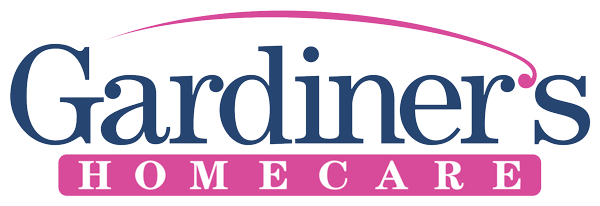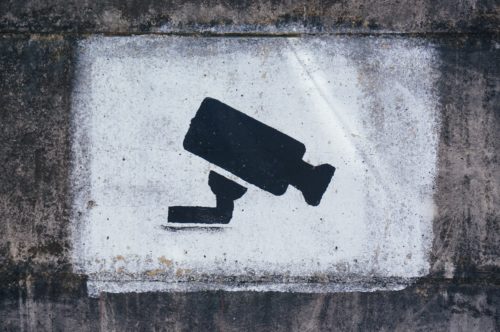Surveillance for the elderly can be used to help keep people safe however it is important to protect people’s privacy and human rights. The Human Rights Act protects every individual’s right to their private and family life, this extends not only to vulnerable service users but also to their care workers.
Ideally, this means freely given, informed consent from the service user or their appropriate representative before any monitoring equipment is installed and informing care workers that a CCTV is in operation.
With surveillance for the elderly, if CCTV is deployed in a Service User’s home without their knowledge and consent, this will likely be a breach of their human rights. Great care needs to be taken when a Service User may not have the capacity to consent to CCTV surveillance. Perhaps the safest route may be to involve an independent advocate to make sure that any decision reached is in the Service User’s best interest.
Gardiner’s are happy to support Service User’s friends and relatives to understand the Mental Capacity Act and with making decisions in people’s best interests. Please do contact us if you would like some help.
From a Care Workers perspective in respect of surveillance for the elderly, whether this surveillance is overt or covert, there is no real objection that can be leveled provided it is not used
- in an inappropriate location, (a care worker’s private room, a toilet that might be used by care workers)
- to capture people other than those in the home (for example, neighbours’ entrances or public footpaths)
- as a tool for intimidation, blackmail, or harassment of a care worker
The above examples breach either Human Rights legislation and/or Data Protection legislation.
Whilst it can be disconcerting for Care Workers to feel that they are being constantly monitored, working in someone’s house, it is not much different from working in any public care setting, increasingly likely to be covered by CCTV or be under scrutiny from members of the public.
Whilst nobody can or should force care workers to work in a home that is being surveilled, it is the homeowner’s right to have CCTV, and the care workers’ reasonable expectations of transparency in the workplace do not extend in the same way to someone else’s premises.
It is true that CCTV can provide evidence of cruelty or neglect, but it can also be a conscientious care worker’s greatest defence against misinformed or vexatious allegations by largely absent family members or disorientated service users.
At Gardiner’s, we encourage all clients to be open about the use of CCTV. We prefer to tell all staff if monitoring devices are in use, however will support a Service User’s (or their representatives) specific request not to where there is a pressing reason and only plan to use it for a short time. For example, you might decide to use it to identify a specific incident or allegation.
If a staff member finds a CCTV camera or other monitoring device in a service user’s home, they should report this to the Care Manager.
We will try to find out the reasons why in case there are issues that can be resolved quickly or to simply allay Care Worker concerns.
Care Workers should note that stealing, deliberately damaging, or otherwise deleting recordings from a device, is likely to be criminal damage.
Whilst not regulated by data protection legislation, care workers can rest assured that service users and their families do not have complete freedom over the footage gathered. Recordings made should still be used/retained for a finite period, stored safely, and used only for the purposes of monitoring the quality of care given / the safety of the service user. No matter what it shows, arbitrarily divulging damning footage on the internet or using it to confront unsuspecting care workers would be unwise and could lead to civil or criminal liability on the part of the service user or their relatives.
- https://www.homecareassociation.org.uk/resource/under-surveillance-the-use-of-cctv-in-a-homecare-setting.html
- https://www.cqc.org.uk/guidance-providers/all-services/using-surveillance-your-care-service

